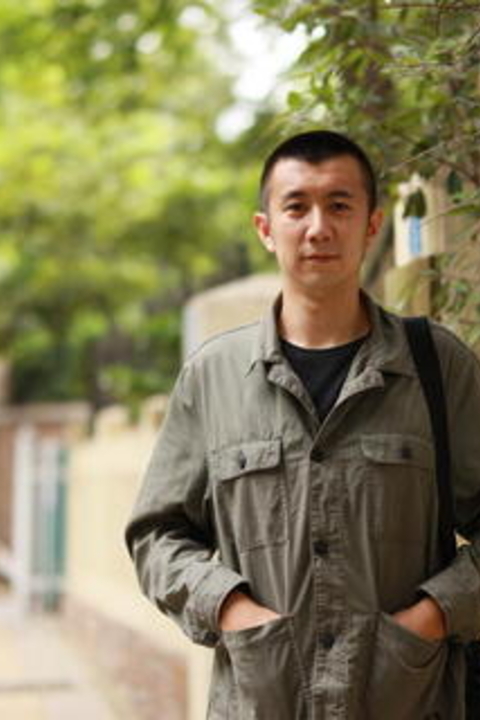Chang’s research interests are primarily centered in reconstructing evolutionary histories of human populations by excavating ancestral information with use of genomic data. Chang has been working on developing statistical methods and applying them to infer local ancestry of admixed populations, detect archaic introgression in modern human genomes, and estimate multi-pulse admixture history since he initially set foot in this research field. Chang’s investigation has additionally been attempting to fathom how those past demographic events of modern human populations formed the genetic basis of traits that we currently observed in those populations. Chang gained his PhD degree in Computational Biology at Dr. Shuhua Xu’s lab in CAS-MPG partner institute for computational biology, where he has focused on inferring local ancestry, particularly detecting archaic introgression from Neanderthals and Denisovans in Eurasian genomes, and reconstructing complex admixture history of Eurasian populations by newly developed methods. His efforts to those studies did partially unravel the multi-pulse admixture model of a couple of typical admixed populations in China and refine the introgression events of Eurasian populations, while the potential intricate introgression history of some populations remains unsolved due to the limitation of the existing sequenced archaic genomes and methods. Moreover, Chang has worked on developing machine learning approaches to efficiently screen ancestry informative markers among Asian populations. Chang has been in Dr. Mark Stoneking’s group in Max Planck Institute for Evolutionary Anthropology as a visiting PhD student. Since his graduation of PhD, Chang joined Dr. Serena Tucci’s lab at Department of Anthropology, Yale University as a postdoctoral research associate, where he shifted his research focus to archaic admixture history of Oceanic populations possessing the highest proportion of Denisovan-like introgression in genomes and providing the greatest materials to study Denisovan-like introgression across worldwide populations. Given the fact that the sequenced Denisovan sample might be genetically distant from the archaic populations that participated introgression events of Oceanic populations, Chang has also been exploring introgressions into Oceanic populations from diverse archaic hominins and subsequently seeking the evidence of potential adaptive introgression in genomes of those populations.
Selected publications:
Yuan, K., Ni, X., Liu, C., Pan, Y., Deng, L., Zhang, R., Gao, Y., Ge, X., Liu, J., Ma, X., Lou, H., Wu, T., & Xu, S. (2021). Refining models of archaic admixture in Eurasia with ArchaicSeeker 2.0. Nat Commun, 12(1), 6232. https://doi.org/10.1038/s41467-021-26503-5
Contact Info
Subfield:
Biological Anthropology
Degree(s):
PhD, Computational Biology, CAS-MPG Partner Institute for Computational Biology, China;
BS: Mathematics, Shandong University, China
